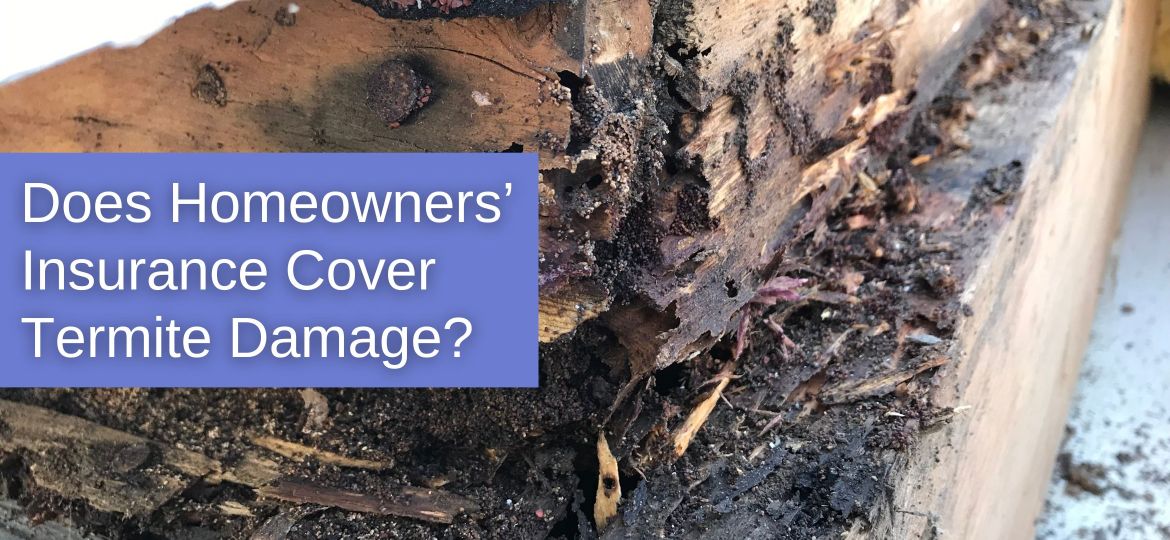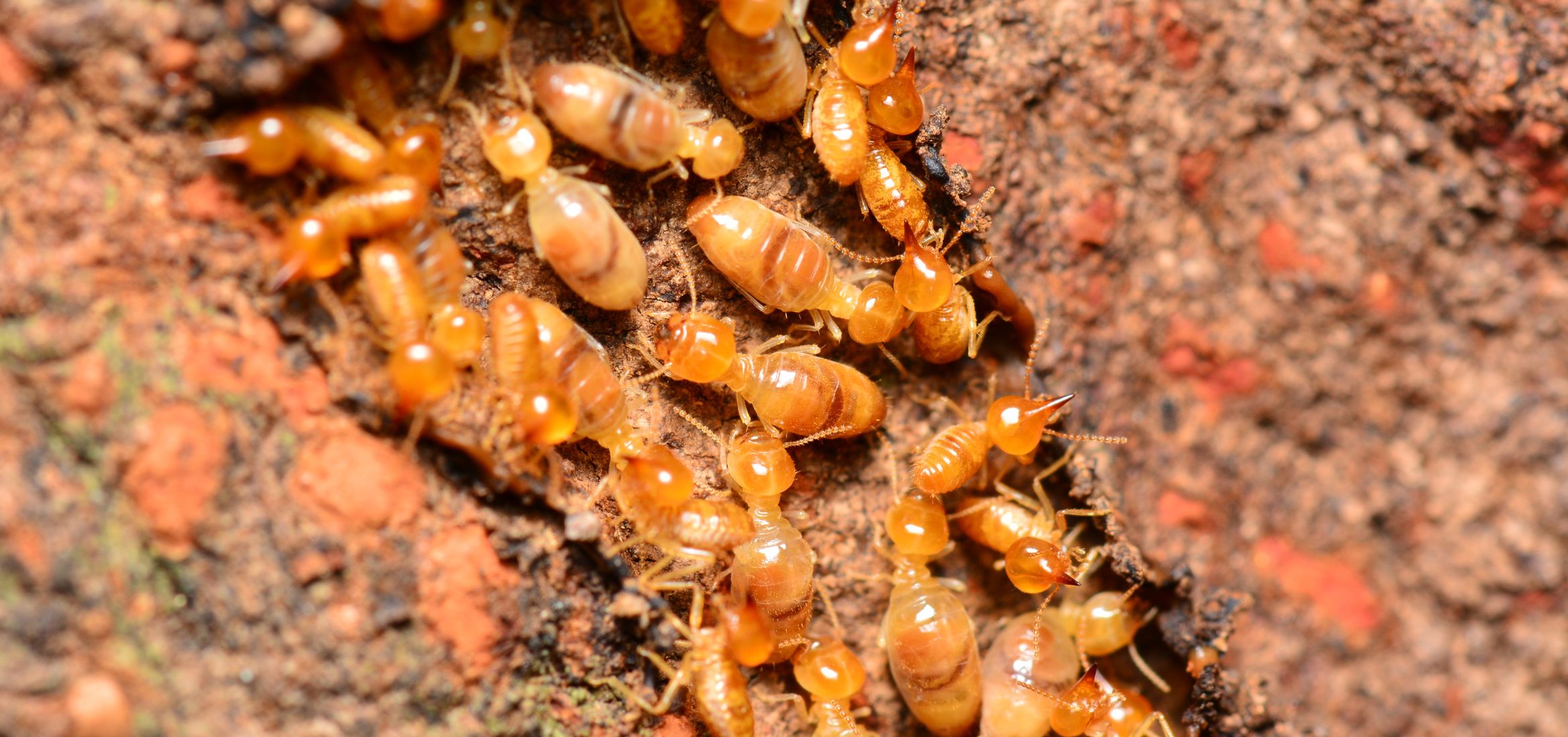
The purpose of homeowners insurance is to cover sudden and accidental risks and damages. Pest control companies will tell you that termites are not a recent phenomenon.
They may be hiding in your house, but they will stay as long as they are fed and have water. A termite invasion can do a lot to damage your home.
According to the National Pest Management Association, termites cost homeowners $5 billion a year to repair and control damage.
Does my insurance policy cover termite damage?
According to the National Association of Insurance Commissioners most homeowners’ insurance policies do not cover termite damage or their removal. Homeowners are responsible for preventing termite infestations through routine maintenance.
Why are termites not covered by homeowners’ insurance?
Insurers view termites, in general, as something that can be avoided and may even result from homeowner negligence. Your homeowners’ insurance covers you in the event of sudden or accidental events. Termite damage falls into neither category. Take precautions before an infestation occurs. By the time you notice termites, you may already be too late.
Is termite treatment covered by homeowners insurance?
Your homeowners insurance will not cover termite treatments because termites are not a covered peril and routine maintenance is the responsibility of the homeowner.
Repairing damage caused by termites can cost you thousands of dollars. This is before you pay for the removal or any other issues termites may cause such as health problems or difficulties selling your house. If you live in an area where termites are prevalent, then you should consider getting annual inspections and preventative treatments.
Is there any scenario in which homeowners’ insurance will cover termites?
Your insurance company might help cover the costs if termites chewed through your house’s wiring, causing a fire. Fire is usually a covered peril in most policies.
Check your policy for details on what is covered.
Can I get termite insurance?
In general, insurance companies do not offer termite protection. However, some pest control companies provide plans that include an annual inspection and treatment. You should have a house inspected for termites before buying it. You can negotiate the price of the house or ask the seller to repair any damage caused by termites before you buy. Tenting a home for fumigation is easier before moving in.
It is important to know the damage that termites can cause and to regularly inspect your home to detect any damage as soon as possible. Find out what your homeowners insurance covers today.
How much damage can termites do to my house?
As mentioned before, termites cause $5 billion in property damage each year. Termites consume wood, which includes the beams that support your home or walls. Termites eat cabinets, floorings, furniture, ceilings and even metal.
Termites may live in your home for many years and do damage before you even notice them. By the time termites are discovered, they’ve probably already caused extensive damage. Repairs may include replacing the destroyed home foundations by opening up walls and floors, as well as replacing furniture or any other damaged items.
What to look for when spotting termite damage?
The damage that termites cause to your home is often determined by the type. There are three main types: dampwood termites (also known as drywood termites), subterranean and underground termites. Drywood termites, which are very rare in the U.S., prefer dry wood.
The NPMA warns that subterranean Termites is the most destructive termite type in the U.S. In every state in the U.S. except Alaska, they can be found.
NPMA says signs include termite tunnels, cracks or holes in wooden beams and panels of your home. Other signs are swollen ceilings and floors as well as pest droppings. Professional pest control companies know what to look for, and can identify the type of insect.
What to do if you have termite damage?
The NPMA states that termites are not treatable by homeowners alone. You should consult a professional if you suspect that you have a termite problem to determine the extent and best treatment.
What to do to prevent termites?
According to scientists at North Carolina State University, it takes between three and eight years before termites cause significant damage. Termites can destroy more than just wood. They can also damage carpets, cloth and paper.
Home insurance will not cover damage caused by termites, rodents or other pests. However, you can prevent an infestation from occurring in the first instance.
The National Pest Management Association recommends to help prevent termite damages to your home.
- Eliminate or reduce moisture in and around the home, which termites need to thrive.
- Repair leaking faucets, water pipes and exterior AC units.
- Repair fascia, soffits and rotted roof shingles.
- Replace weather stripping and loose mortar around basement foundation and windows.
- Divert water away from the house through properly functioning downspouts, gutters and splash blocks.
- Routinely inspect the foundation of a home for signs of mud tubes (used by termites to reach a food source), uneven or bubbling paint and wood that sounds hollow when tapped.
- Monitor all exterior areas of wood, including windows, door frames and skirting boards for any noticeable changes.
- Maintain an 18-inch gap between soil and any wood portions of your home.
- Consider scheduling a professional inspection annually. Wood-boring insect damage is not covered by homeowners insurance policies.
- Store firewood at least 20 feet away from the house.



